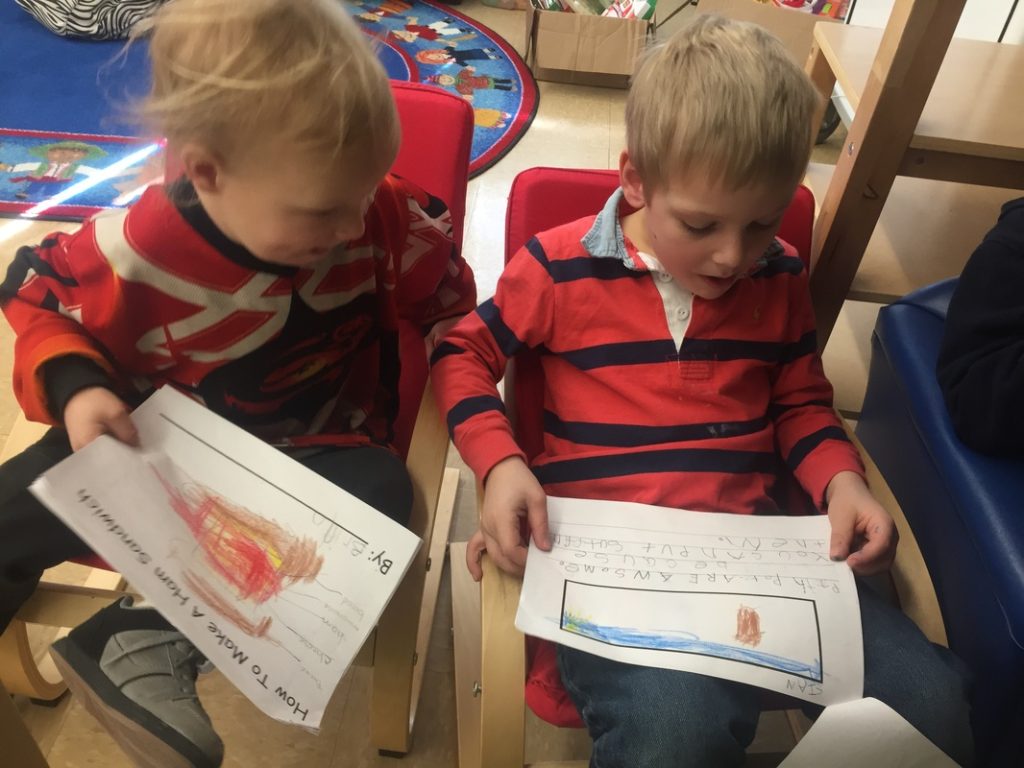Kindergarten is a critical step in a child’s educational journey, but many parents in California are unsure whether it is mandatory. The answer is not as straightforward as one might expect. While kindergarten is not legally required for all children in the state, it plays a significant role in their development and academic readiness.
Understanding California’s Kindergarten Laws
In California, school attendance is mandatory starting at age six, which typically corresponds with the first grade (EC Section 48200). This means that while kindergarten is not a legal requirement, it is an important preparatory step for children entering elementary school.
Key Points About Kindergarten in California
- Age Requirements: Most children begin kindergarten when they turn five years old, depending on the district’s cutoff date, usually between July and September.
- Enrollment Options: Public schools generally do not require any specific assessments or screenings for enrollment, though some may use them to understand where students are developmentally. Private schools may have different requirements.
- Redshirting and Transitional Kindergarten: Parents who believe their child is not ready for traditional kindergarten can choose to “redshirt” their child or enroll them in transitional kindergarten, which provides a bridge between preschool and formal schooling.
Why Kindergarten Matters
Although kindergarten is optional, it offers numerous benefits that go beyond basic academics. Research shows that early childhood education significantly impacts a child’s cognitive, social, and emotional development.
Academic Foundations
Kindergarten introduces essential skills such as early literacy, numeracy, and problem-solving. These foundational skills prepare children for more advanced learning in later grades.
Social and Emotional Growth
Children learn to share, communicate, collaborate, and build confidence in a classroom setting. These interactions help them develop social skills that are crucial for future success.
Structure and Routine
Adjusting to daily schedules, transitioning between activities, and following instructions fosters independence and readiness for future grades.
The Role of Experiential Learning

At Action Day Schools, we believe that early childhood is the most critical time for intellectual and physical development. Our experiential learning environment fosters creativity, curiosity, and independence.
What Sets Us Apart?
- Philosophy: We focus on holistic, values-based education with an emphasis on joy for learning at all levels. Students are at the center of our educational practice.
- Personalized Learning: Tailored instruction ensures every child progresses at their own pace.
- Comprehensive Reading Program: Evidence-based literacy practices, including engaging novel studies.
- Balanced Math Curriculum: Builds numeracy skills with real-life applications.
- Parent Portals: Tools to help parents support their child’s learning journey.
- Experiential Learning: Hands-on projects spark curiosity and excitement.
- Arts Integration: Artist and Composer of the Month studies foster cultural appreciation.
- Specialty Classes: PE and music enrich the curriculum.
- Field Trips: Educational excursions complement classroom learning.
The State of Literacy in California

California has recently taken significant steps to improve literacy instruction, particularly in early education. Governor Gavin Newsom approved Assembly Bill 1454, which focuses on evidence-based reading instruction, also known as the science of reading. This approach emphasizes phonics, word recognition, print concepts, and fluency.
Key Provisions of AB 1454
- Teacher Training: Elementary school teachers will receive training in evidence-based reading instruction.
- Instructional Materials: The California State Board of Education will adopt compatible instructional materials for first through eighth grade classrooms.
- Funding: $480 million has been allocated for literacy instruction, including $200 million for teacher training.
Challenges and Opportunities

While the new legislation marks a positive step forward, implementation remains a challenge. Advocates emphasize the need for strong leadership, accountability, and consistent funding to ensure that all students benefit from these changes.
Key Concerns
- Implementation: School districts must be held accountable for following through on the new literacy plan.
- Professional Development: Teachers need ongoing support and training to effectively implement evidence-based instruction.
- Equity: Ensuring that all students, especially those from low-income families, have access to quality literacy programs.
Where Is Kindergarten Required?

While California does not mandate kindergarten, 19 states plus Washington, D.C., require children to attend. Some states allow exceptions, such as demonstrating readiness through an assessment before entering first grade.
Examples of State Policies
- Louisiana and Nebraska: Children may skip kindergarten if they demonstrate readiness.
- New Jersey: Full-day kindergarten is required in 31 School Development Authority Districts.
- Other States: Many states offer half-day programs, but full-day kindergarten is only compulsory in 17 states and Washington, D.C.
Conclusion
Kindergarten is not mandatory in California, but it is an essential part of a child’s educational journey. With the right support and resources, it can provide a strong foundation for future academic and personal success. As California continues to invest in early literacy and experiential learning, parents and educators play a vital role in ensuring that every child has the opportunity to thrive.
Meta Title: Is Kindergarten Mandatory in California? 2024 Insights
Meta Description: Learn about California’s kindergarten laws, benefits, and what parents need to know in 2024.
Author: Jane Doe
Title/Role: Education Correspondent
Credentials: With over a decade of experience covering education policy and trends, Jane Doe has reported on K-12 and higher education issues across the United States.
Profile Link: https://www.janedoe.com
Sources:
1. California Department of Education
2. EdSource
3. National Center for Education Statistics
Internal Links:
1. Understanding Early Childhood Education
2. The Importance of Literacy in K-12
3. Experiential Learning in Schools
Call to Action: Stay updated with the latest news on education policies and trends by subscribing to our newsletter today.











More Stories
When Are PSAT Scores Released in 2024? Everything You Need to Know
What is Kiddle for Kids? A Parent’s Guide to Safe and Educational Browsing
US Trending News: What is K5 Learning? A Complete Guide for Parents and Educators